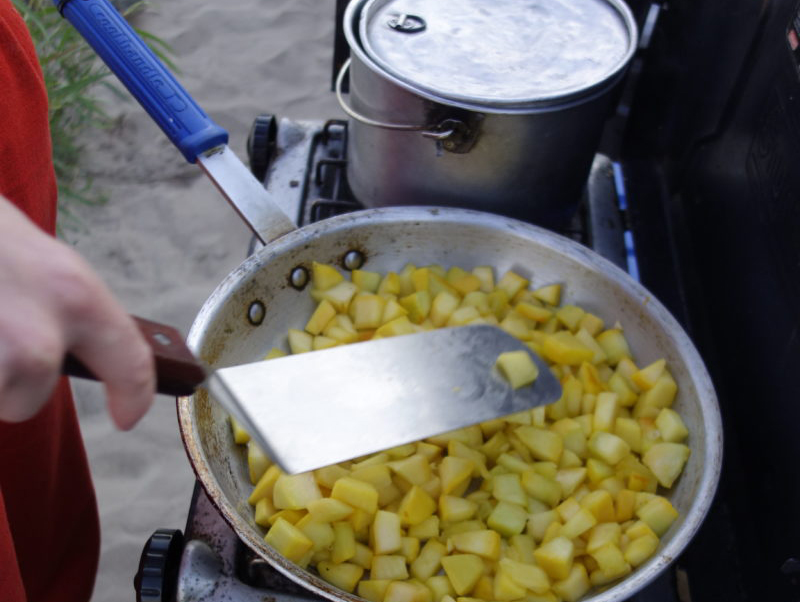
Bringing rainwater and snowmelt from thirty U.S. states and two Canadian provinces to the Gulf of Mexico, the Mississippi River is in constant motion, an abundant migratory pathway and a distributed home for non-human life. Welcoming references this movement, migration, and travel. A welcome might come at the end of a journey or at a respite along the way. It might be a connection to a new community or an invitation to linger in a transitional space. This contrasts to the river’s history as a conduit for extraction and exploitation of coerced human labor, forced migrations, and goods to global markets. Many Mississippi River cities flourished as colonial outposts and slave trading ports. River hubs, by contrast, are intended as places of welcome that acknowledge the river as a space of movement and flow.
River hubs foreground an idea of welcome as an action and a relationality that aspirationally defines our collaborative work up and down the river. It is intended to be inclusive of not just social relationships but ones between humans, non-humans, and the earth. To welcome is to be open to the experience of others expressed in a sharing of histories, connections, stories, relationships, knowledge practices and more. To welcome is a gift of hospitality that we offer to guests who visit our river hubs. This is not simply unidirectional, as guests reciprocate this welcome by offering the gift of their presence and contributions in return.
In this definition of welcome, we draw on traditional notions of hospitality that characterize the relationship between a guest and host as reciprocal. Under ideal circumstances this reciprocity forms a bond in which each recognizes the other as kin. Marcel Mauss goes so far as to characterize this mutual bond as the basis of social solidarity. The guest and the host both receive far more from this welcome than is visibly exchanged.
Environmental writers, particularly Native ones, have applied this gift relationship to one that humans have with the earth itself. Plants, animals, insects, ecosystems, and the river shower us with gifts without which it would be impossible to survive, if not thrive. How we, as humans, reciprocate this gift is an ethical question about this bond and inspires our efforts to engage in mutually beneficial exchanges with river partners and to extend this relationship to our work with the river and all its inhabitants.